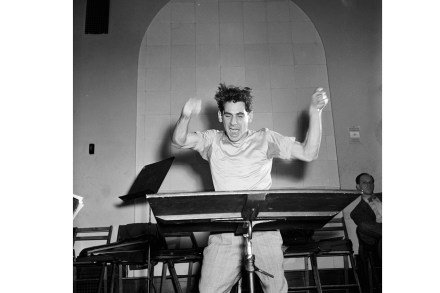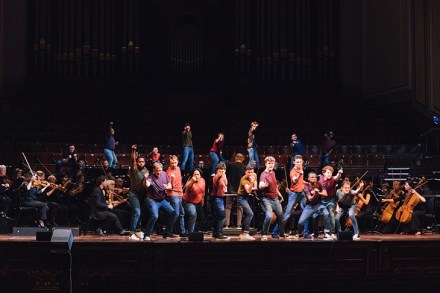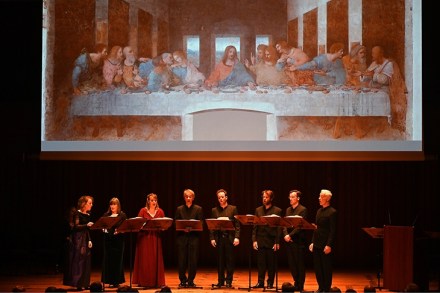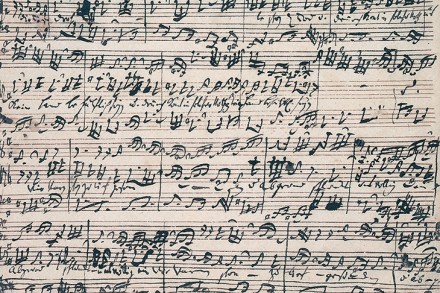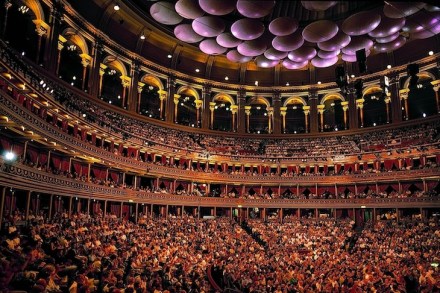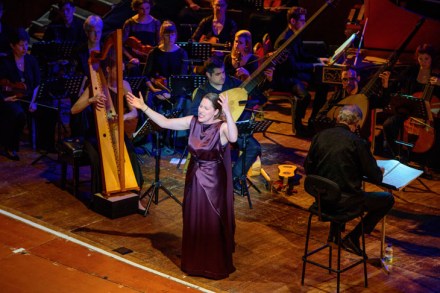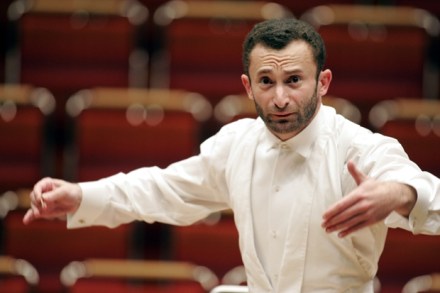The best recordings of my favourite Passion
In the autumn of 1632, a man called Kaspar Schisler returned home to the small Bavarian town of Oberammergau. He didn’t walk through the gates in daylight, but waited until night, sneaking in past the tower guards. A few days later he was dead from the plague that was swelling and blistering its way across Europe — a plague which, until that point, strict quarantine had kept out. Within a year it had killed a quarter of the town. The remaining residents gathered together and made a vow: if they were spared, they would stage a play of the life and death of Jesus, and would continue to do so
